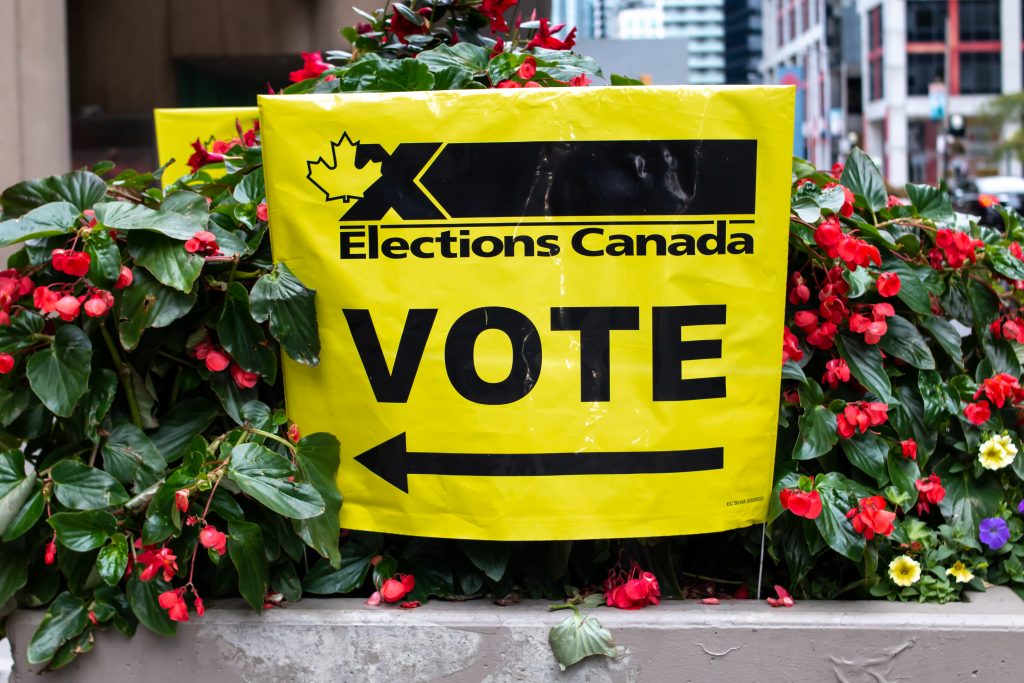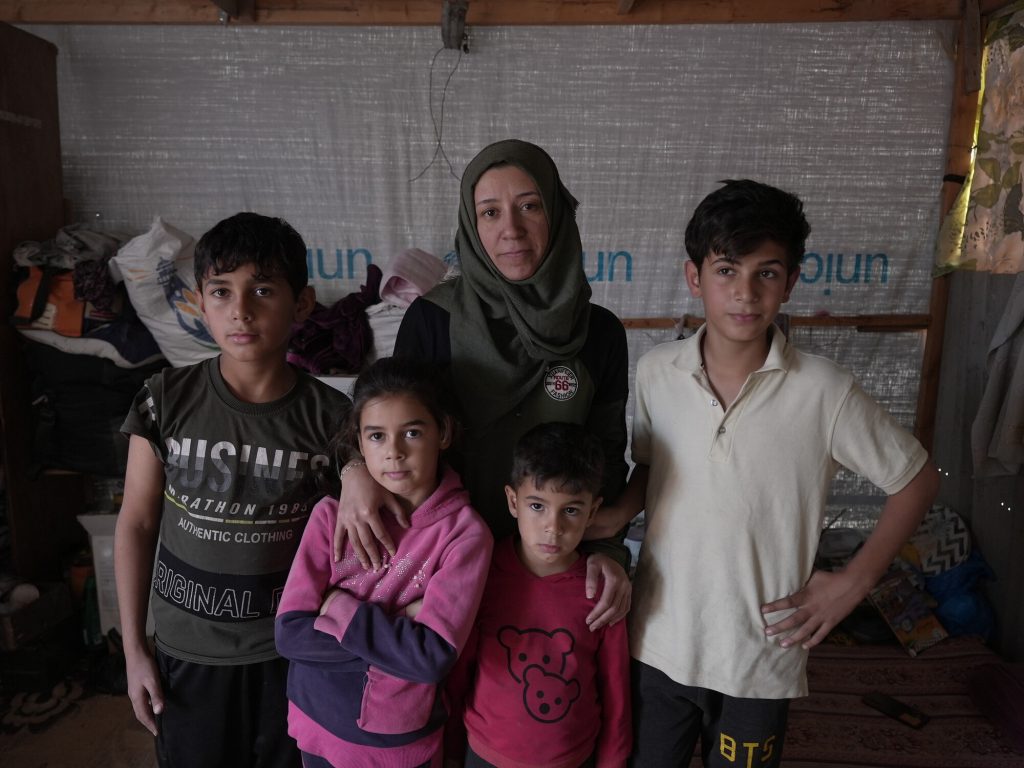The Lasting Impact of the Women’s Voice and Leadership Project in Pakistan
Women in Pakistan are stepping into leadership, challenging norms, and creating ripples of change—because progress doesn’t stop when a project ends.
Imagine this: young girls riding motorbikes through their towns in rural Pakistan turning heads wherever they go. The "Girls on Wheels" rally was sending a clear message: young women want to claim their rightful space in public life, and they want it now.
The "Girls on Wheels" rally was just one success of the Women’s Voice and Leadership – Pakistan (WVL-Pakistan) project. This five-year, $8 million project, funded by Global Affairs Canada (GAC), was part of a global initiative supporting local and regional women’s organizations and movements to empower women and girls, protect their rights and achieve gender equality.
The WVL project in Pakistan focused on 12 women’s rights organizations (WROs) and five alliances, providing them with funding and support to build their skills and improve their effectiveness.
Political instability, extreme climate events, economic downturns, security challenges and COVID-19 have marked the past five years. Despite these obstacles, women in Pakistan have remained strong, adaptable, and resilient. As this Oxfam project ends, we reflect on the impactful changes it has made.
How the WVL-P Project Mobilized a Movement for Equality
In a country ranked 145th out of 146 in the World Economic Forum's Global Gender Gap Report 2024, the organizations of the WVL-P project kickstarted a shift in awareness and mobilized women to fight for gender equality in Pakistan. Women drafted their Feminist Manifesto and drove policy changes. They publicly met with local leaders and organized action days on National Women's Day, International Human Rights Day, and International Women's Day to challenge attitudes, norms and behaviours. Their campaigns boldly confronted practices, behaviours and social norms that were holding girls back from pursuing their dreams. They gathered like-minded women, performed in community theatres to voice their concerns, and spoke out on their own YouTube channels.
Strengthening individuals and organizations
WVL-P helped women and organizations claim their rightful place in society. Its approach was simple: strengthen individuals and organizations and create networks to increase collective power and actions.
On one hand, the project supported young girls, adolescents, and women in large cities, small towns, villages and settlements across Pakistan with tailored programs. The goal was to identify what changes they want to see in their communities and to build the self-confidence and skills needed to act.
On the other hand, the WVL-P project strengthened existing initiatives so they could become well-functioning organizations, equipped with the tools to improve their working practices, effectively recruit members and build networks.
Building Resilience and Leadership
Najma, a 38-year-old woman from Lower Dir, KPK, works for the Development Empowerment Women Association. She joined the Gender Leadership Program (GLP), created by OXFAM to help women in women’s rights organizations build the confidence to take on leadership roles in their communities.
For Najma, GLP was transformative. Surrounded by peers, she learned how to stay focused when inner and external voices tried to discourage her. For her, it was all about freeing herself from self-doubt, fear and worry as she became part of a feminist movement. “I started connecting with my personality through GLP,” Najma said. “I not only learned the concepts of power over, power to, power within and power with, but internalized them and started practicing them in both my personal and professional life.”
This newfound confidence got her promoted to the role of Executive Director at DEWA and inspired new DEWA programs to increase financial independence and digital literacy for girls, prepare women as community leaders and for political roles, and run social media campaigns to change attitudes.
Building Organizational Strength
Just as individuals need self-confidence, organizations need specific tools to build capacity and strengthen themselves. To achieve this, OXFAM developed the Capacity Assessment Tool for Gender Just Organizations (CAT4GJO). This tool helps organizations review their policies and practices to ensure they are effectively supporting gender justice.
Founded in 2017 with a single laptop and a bold mission to defend the rights of women and differently abled individuals, Breaking Barriers Women (BBW) lacked the resources and expertise needed to grow further. The WVL-P project trained women at BBW in gender budgeting, strategic planning and leadership. With the capacity assessment tool, it became evident that they needed to establish a Board of Directors, implement gender-focused policies and create a strategic plan. “We are now more aware of the management skills needed to plan and execute effectively,” shared a staff member.
Today, BBW is a leading women’s rights advocacy organization in Balochistan and beyond.
From Small Beginnings to Powerful Advocacy
Once individuals and organizations are strong, they increase their power and effectiveness by being part of a bigger network. This is why network capacity building was the third pillar of the WVL-P project.
A standout example is Feminist Fridays, an alliance that brings together women’s rights organizations with policymakers to create policies and practices that are fair, transformational, lasting and sustainable. Women working for Feminist Fridays have found the strength and perseverance to tackle topics like domestic violence and child marriages, despite strong resistances in their communities.
Feminist Fridays' advocacy changed aspects of the Domestic Violence Act in support of survivors. Their recommendations influenced the procedures for victims to report domestic violence and apply for restraining orders, ensure appropriate responses by courts and police and connect victims to counseling and shelter services. “We believe it is the biggest success for us that our continuous advocacy, supported by the WVL-P, led to the Rules of Business of the Domestic Violence Act,” shared one member.
The network capacity building program also supported the National Organization for Working Communities (NOW Communities) in Karachi and Sindh. The organization raised awareness about labour rights and highlighted harassment laws among female health workers. The organization launched networking initiatives, such as a YouTube channel, to share community stories, which led to over 300 additional women joining their union.
The Birth of the FEM Consortia: A Collective Movement for Women’s Rights
WVL-P’s ripple effect went far beyond our expectations. Driven by determination to advance gender equality, the 12 women’s rights organizations participating in the project fostered strong partnerships making it possible to coordinate their efforts, strengthen each other, offer mutual support and learn from one another. This led to the creation of the “FEM Consortia,” a feminist coalition to be reckoned with. In early 2024, they brought together 200 women and men for the first FEM Conference in Karachi. Members from rights-based networks, academia, students, media professionals and researchers attended. Up until today, they continue to advocate together for women’s labour rights, the rights of girls, women’s political participation and the role of women in the fight for climate justice.
Keeping the Momentum of the WVL Project Impact on Gender Equality
Women in Pakistan have been dedicated, perseverant, and courageous. Their hard work is paying off. The project achieved its goal: helping women build self-confidence and equipping organizations with the tools to strengthen themselves and create supportive networks.
While the project laid crucial groundwork, sustaining these hard-won gains is essential for continuing to advance gender equality and improve Pakistan's standing on the global stage. Our work is only possible because of support from people like you. Make a donation today.
The WVL-P project was made possible with financial support from the Government of Canada through Global Affairs Canada and the generosity of the Canadian public.


